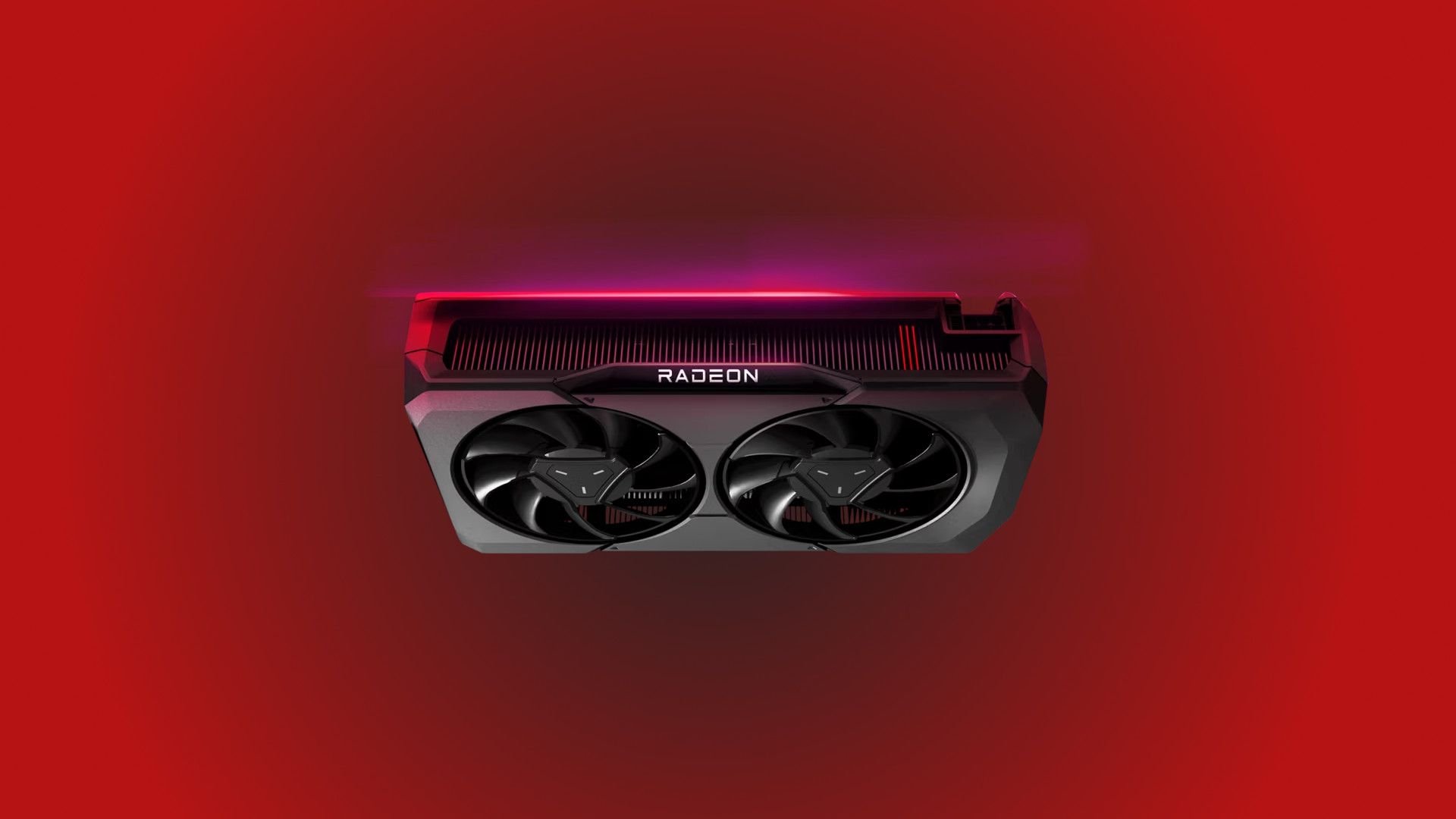NVIDIA makes arguably the best graphics cards out there, but competition is always good and keeps the market healthy. Sadly, it appears that AMD, its closest competitor, might be backing out of the fight.
AMD has announced a new business strategy that prioritizes AI chips over high-end gaming GPUs. The company will merge its gaming and data center graphics efforts into a single “UDNA” platform aimed at AI applications. AMD’s computing and graphics chief, Jack Huynh, stated that the goal for gaming graphics is now to build market share at lower price points rather than competing with NVIDIA’s flagship GPUs. Huynh emphasized that AMD needs to demonstrate scale to attract developers, who currently favor NVIDIA due to its larger market share.
AMD is already a dominant player in the AI data center segment with its EPYC CPUs. The company believes it can further grow here by offering top-tier data center GPUs.
Both NVIDIA and AMD are focusing more on AI these days, but the way they approach things might be a bit different. NVIDIA has not shown any public intent to slow down its current consumer GPU strategy. We might be in for a slight delay, as it has been two years since the launch of the company’s RTX 4000-series GPUs and we don’t have RTX 5000 cards yet. But the cards, codenamed Blackwell, are currently in development, and we could have news soon.
Still, if NVIDIA plans to compete in the flagship GPU market without AMD, it would mean NVIDIA would have no competition there. NVIDIA could charge however much it wants for these cards without anyone else holding it accountable or pressuring it to lower prices. We could also be in for a period of stagnation in innovation, as it happened back when AMD left Intel competing by itself in the high-end CPU market before the Ryzen series came around. As we said before, competition is good, and a lack of competition makes innovation stagnate. We hope we’re wrong, though.
While the move might be bad news for the market at large, it might be a good move for AMD. The company was already thriving on its budget GPUs, and it’s just going to devote more of its resources there. The company might be about to face some competition here, however, as Intel’s second generation of Arc graphics cards, codenamed Battlemage, is due to launch any day now. Not only will it be competing against AMD in this budget segment, but also, depending on how big Intel’s ambitions are here, it might actually try to give NVIDIA a run for its money in the recently-abandoned flagship segment.
Source: The Verge





